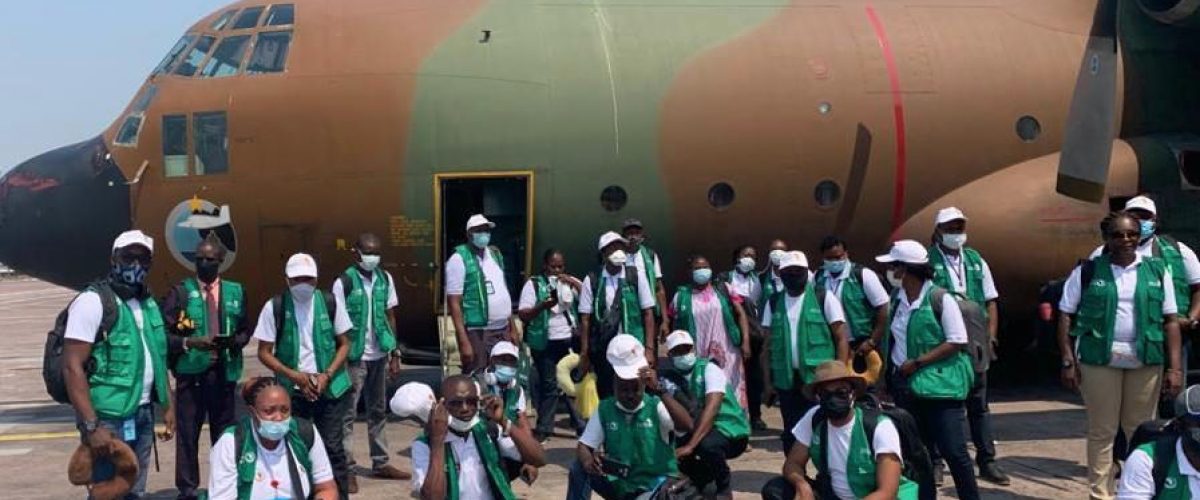The Africa Centres for Disease Control and Prevention is an autonomous technical agency established by the African Union (AU) to enhance the capacity, capabilities, and partnerships of Africa’s public health institutions. Its primary goal is to control, prevent, detect, and respond to disease threats and outbreaks by employing science, policy, and data-driven interventions and programs effectively and efficiently.
Africa CDC is mandated through Article 3 of its governing statute to “support Member States in capacity building in public health through medium- and long-term field epidemiologic and laboratory training programmes.” To fulfill this mandate, Africa CDC convened a Task Force for Workforce Development in 2018, which consisted of representatives from Member States, public health organizations, academia, and global health agencies. The Task Force developed a Framework for Workforce Development, which describes specific steps for the development of the public health workforce in three professional areas: field epidemiology, laboratory leadership, and public health informatics.
In this regard, Africa CDC has developed a continental African Epidemic Service (AES), an elite workforce hosted and directed by the African Union. The African Epidemic Service has three tracks, namely Epidemiology, Laboratory Leadership, and Public Health Informatics. The African Epidemic Service – Public Health Informatics Track is a two-year fellowship program designed to equip professionals from Africa with public health informatics competencies for the digital age so they can develop, manage, and lead informatics-savvy health organizations and improve population health outcomes in Africa.
This program targets qualified applicants across African Union Member States who are drawn from various disciplines, including Health, Computer Science, Data Science, or Information and Technology Sciences. The call for applications for the first cohort of the African Epidemic Service – Public Health Informatics is now open.

